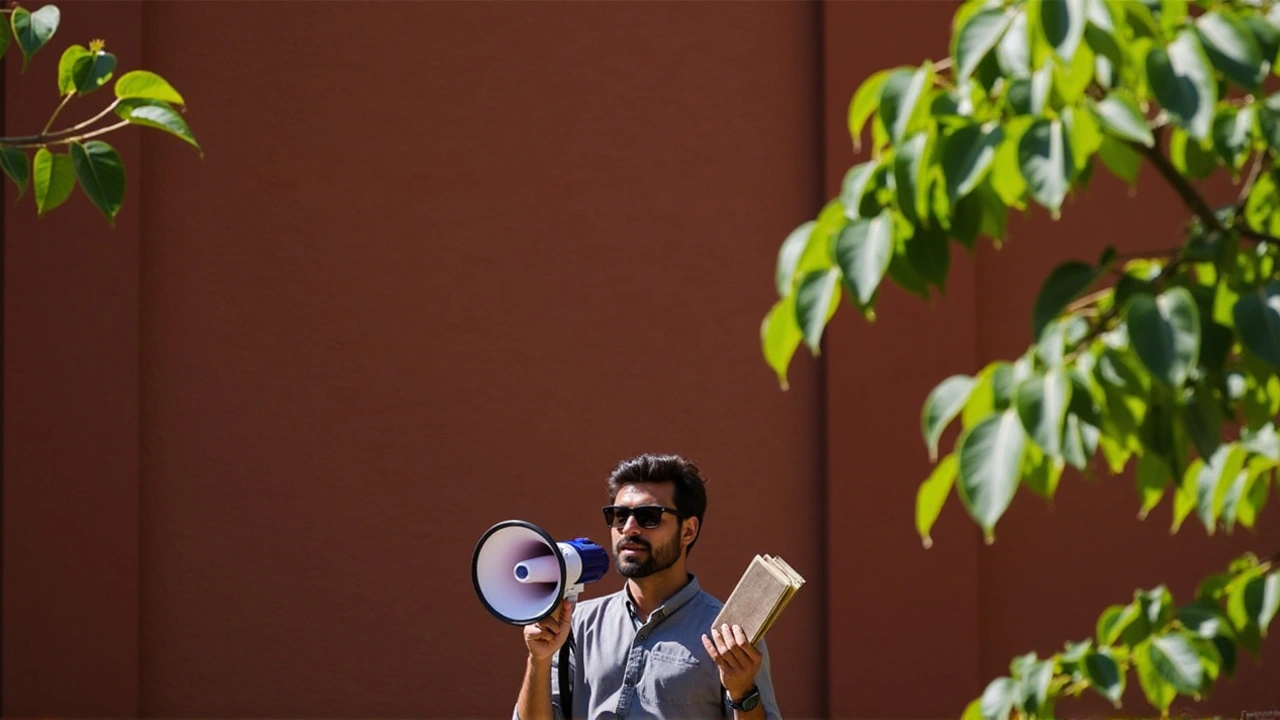Who Was Salwan Momika?
Salwan Momika, a contentious figure, came to prominence in 2023. An Iraqi refugee who had established himself in Sweden since 2018, he attracted worldwide attention after publicly burning the Quran. This act of protest was not only provocative but also deeply unsettling for many, sparking international criticism and igniting religious sensibilities. Despite the backlash, Momika maintained that his efforts were aimed at critiquing Islam as a religion rather than attacking individual Muslims.
Living in Södertälje, near Stockholm, Momika's life took a sudden and violent turn on January 29, 2025. He was shot dead in an apartment building, a place that had become his refuge. Unfortunately, it became the scene of his untimely demise. The motive for his killing is shrouded in mystery, with the authorities remaining tight-lipped. Five arrests have been made, and a murder investigation is underway. However, the precise catalyst for this act of aggression remains undisclosed, leaving many speculating on the motivations behind it.
The Impact of Quran Burnings in Sweden
The Quran burnings that propelled Momika into the international spotlight were more than mere protests. They became incendiary events, triggering a series of violent riots. Sweden, renowned for its permissive approach to free speech, found itself in a precarious position, balancing the rights of individuals with the need to maintain peace and order. Initially, the authorities allowed Momika's demonstrations under the banner of free speech. However, as the repercussions grew more severe, his actions led to charges of inciting hatred, leaving him facing legal battles up until his death.
The demonstrations had far-reaching consequences, swelling beyond Sweden's borders. In nations with significant Muslim populations, such as Iraq, the response was highly charged. In July 2023, protests erupted in Baghdad, culminating in the storming of the Swedish Embassy. The attack was virulent, with protesters setting fires within the Swedish compound, a stark symbol of the tension and anger that Momika's actions had incited. This incident soured Sweden's diplomatic relations with several Middle Eastern nations.
Sweden's Evolving Security Landscape
In the wake of the Quran burnings, Sweden's internal security climate shifted dramatically. The intelligence service, Sapo, was forced to reassess its threat assessment level, elevating it to four on a five-point scale, marking Sweden as a 'prioritized target.' This came as a shock to a nation historically perceived as neutral and safe. The government faced increased pressure to manage the dual challenges of safeguarding its citizens and respecting individual freedoms.
Swedish authorities found themselves in a delicate dance, striving to uphold free speech while maintaining public order and ensuring national security. This juggling act exerted a significant strain on resources and forced policymakers to tread a line that, while familiar, had grown perilously thin due to the heightened risks.
Residency Struggles and Legal Complications
Momika's controversial actions also reverberated through his status as a refugee. In a questionable twist, the Swedish Migration Agency revoked his residency permit in October 2023. Citing inconsistencies in his initial application, this decision threatened his continued stay in Sweden. Nevertheless, due to potential legal hindrances concerning deportation to Iraq, Momika was granted temporary residency. This precarious status underscored the tenuousness of his life in Sweden, embroiled as it was in legal and bureaucratic complications.
Prior to his death, Momika was a man embroiled in litigation, waiting to hear the verdict of legal charges brought against him for inciting hatred. These accusations were an uneasy reminder of the freedoms that citizens and refugees must navigate in democratic nations, pushing both boundaries and interpretations of free speech laws.
An International Tension Point
Internationally, Momika's actions hit a nerve, igniting condemnation across the globe. From Tehran to Jakarta, leaders and communities spoke out, denouncing the burnings as an affront to their way of life and beliefs. As these international conflagrations consumed diplomatic dialogue, Sweden found itself in uncharted waters. The nation's reputation as a beacon of neutrality was challenged, complicating foreign relations and straining its historical ties with the Middle East.
Sweden's dilemma was palpable: a steadfast commitment to free speech clashed headlong with the tumultuous demands of maintaining international diplomacy. The global criticism, despite Sweden's nuanced approach to handling the issue domestically, demonstrated how local actions can reverberate through geopolitics, affecting everything from trade to peace talks.
What Lies Ahead?
Lastly, the killing of Momika has left a vacuum of questions and consequences. With a murder investigation ongoing, the potential revelations could reshape narratives around his life and work. For Sweden, the situation persists as a multifaceted issue, touching on legal, social, and diplomatic challenges that ripple beyond its borders. As the world watches, the path forward remains intricate and fraught with potential peril, indicative of the larger conversations around freedom, safety, and global interconnectedness.

